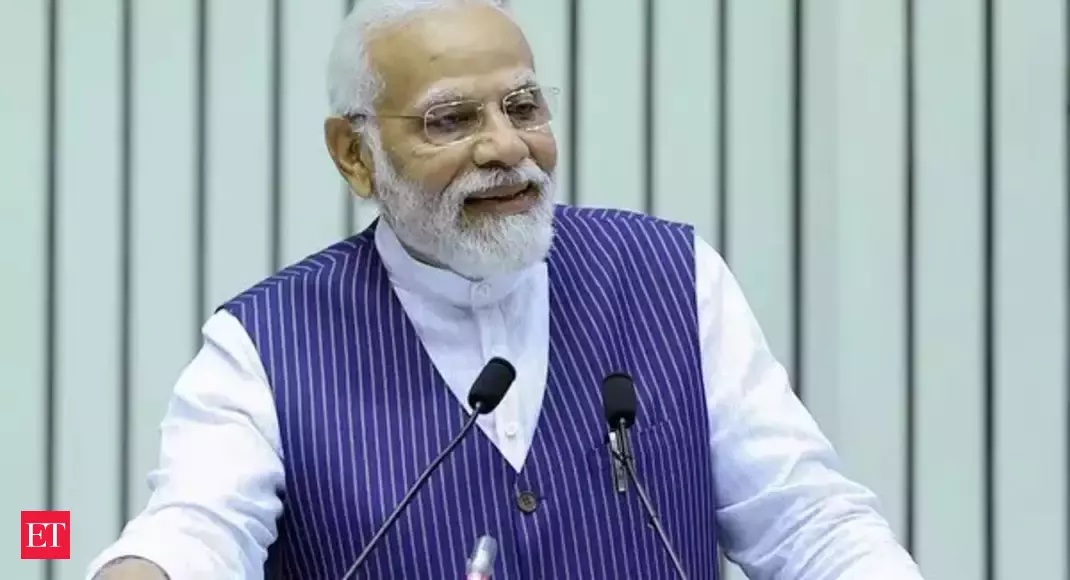
Why PM Modi’s G7 Visit Underscores India’s Growing Global Standing » Capital News
June 15 – When Prime Minister Narendra Modi joins the G7 summit in Canada this June, it will not simply be as a guest, but as a central figure in shaping global discussions. His attendance reflects India’s transformation from a peripheral player to a core strategic partner on the world stage.
Since 2019, India has been a regular invitee to G7 summits. While not a formal member, its inclusion has increasingly signalled the West’s acknowledgment of India’s geopolitical weight. With a population of 1.4 billion, a fast-growing economy, and a robust democracy, India offers both a balance to existing power dynamics and fresh perspectives on global governance.
Economically, India has surged ahead to become the world’s fourth-largest economy by nominal GDP and third by purchasing power parity. Its leadership in digital innovation—through initiatives like Digital India, UPI, and Aadhaar—has positioned it as a model for inclusive, scalable development. These successes haven’t gone unnoticed. The G7, in seeking new solutions for global inequality, financial inclusion, and digital access, views India as a credible contributor.
India also brings a unique and increasingly essential voice to global forums: that of the Global South. As the G7 focuses on issues like climate change, debt sustainability, and food security, India acts as a bridge, ensuring the priorities of developing nations are included in high-level dialogue. Its G20 presidency in 2023 was widely applauded for amplifying these concerns and pushing for meaningful reforms in global financial institutions.
Modi’s invitation to the G7 is also a reflection of India’s evolving role as a strategic partner. As tensions simmer across the Indo-Pacific and traditional alliances are tested, India offers a stable, democratic, and increasingly assertive voice. Its participation in the Quad alliance with the US, Japan, and Australia, and its principled stance on key conflicts, further underscores its importance in maintaining regional and global balance.
In areas of climate leadership, India is also playing a more visible role. Far from being a reluctant actor, it has consistently outperformed its Paris Agreement commitments and has pledged net-zero emissions by 2070. Its campaigns, including the International Solar Alliance and Mission LiFE (Lifestyle for Environment), provide pragmatic pathways for sustainable development that resonate well with both the developed and developing world.
Modi’s brand of diplomacy—combining strategic assertiveness with multilateral cooperation—has helped India reframe its international image. He has shown a willingness to engage with diverse partners across continents while championing India’s own national interests. His presence at the G7 therefore symbolises a deepening convergence between India and the world’s most influential democracies on shared values such as democracy, sustainable development, and a rules-based international order.
India’s seat at the G7 table is no longer symbolic; it is a recognition that the world’s challenges cannot be addressed without its involvement. As economies become more interconnected and global crises more complex, India’s perspectives are increasingly viewed as essential—not optional.
Prime Minister Modi’s participation in the G7 summit in Canada will serve to strengthen India’s ties with the West, amplify its voice in global governance, and reaffirm its role as a rising power with both the vision and capacity to lead. In today’s fractured world, India offers something rare—an aspirational yet responsible voice. And the G7 is listening.